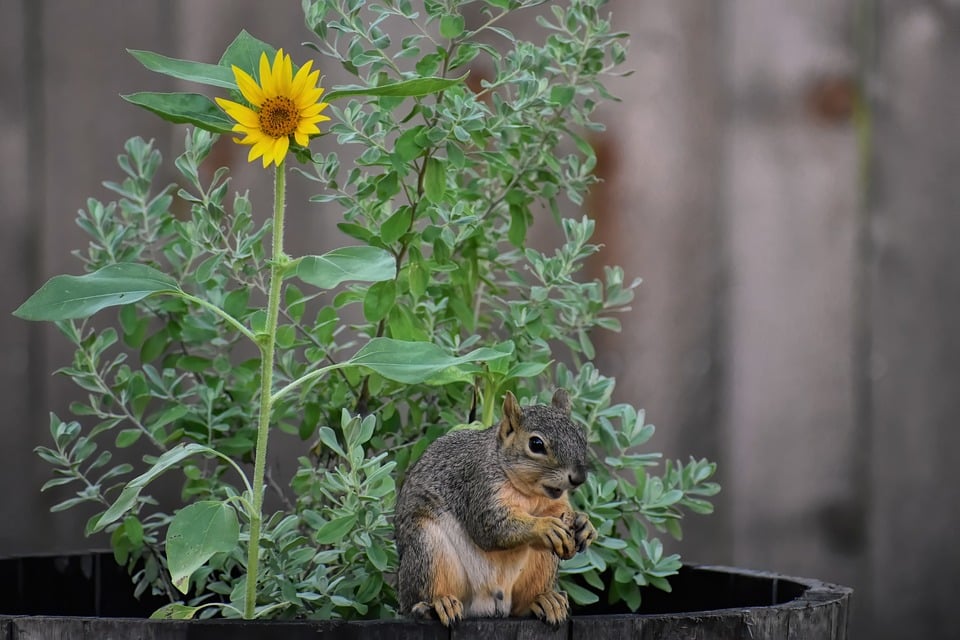In a world full of diverse cultures and beliefs, superstitions have played a significant role in shaping people’s behaviors and decisions for centuries. From avoiding walking under ladders to the fear of breaking mirrors, superstitions have been passed down through generations and continue to influence our daily lives. In this article, we will delve deep into common superstitions from different countries, exploring their historical origins, cultural significance, and modern-day interpretations.
Superstitions in Western Cultures
Superstitions in Western cultures have a long history, with many beliefs dating back to ancient times. Some common superstitions in Western countries include:
– Friday the 13th: In many Western countries, Friday the 13th is considered an unlucky day. People often avoid making important decisions or traveling on this date.
– Breaking a mirror: Breaking a mirror is believed to bring seven years of bad luck in Western cultures.
– Black cats: In Western societies, black cats are often associated with bad luck, especially if they cross your path.
These superstitions have been ingrained in Western culture for centuries, and while some people may dismiss them as mere myths, many still follow these beliefs to this day.
Superstitions in Eastern Cultures
In contrast, Eastern cultures have their own set of superstitions that hold deep cultural significance. Some common superstitions in Eastern countries include:
– Feng shui: Feng shui is a Chinese belief system that focuses on harmonizing people with their surroundings to promote good luck and prosperity.
– Numbers: In Asian cultures, certain numbers are considered lucky or unlucky. For example, the number 8 is considered lucky in Chinese culture, while the number 4 is considered unlucky.
– New Year traditions: Many Eastern cultures have specific traditions and rituals to bring good luck and prosperity in the New Year, such as cleaning the house to sweep away bad luck and wearing red to ward off evil spirits.
These superstitions are deeply rooted in Eastern cultures and continue to play a significant role in people’s lives, influencing everything from business decisions to personal relationships.
Modern Interpretations of Superstitions
In today’s modern world, superstitions have taken on new forms and interpretations, blending traditional beliefs with contemporary influences. Some modern interpretations of superstitions include:
– Social media superstitions: With the rise of social media, new superstitions have emerged around technology, such as avoiding posting certain types of content on specific days for fear of bad luck.
– Sports superstitions: Many athletes and sports fans follow superstitions for good luck, such as wearing lucky socks or performing a specific ritual before a game.
– Celebrity superstitions: In the age of celebrity culture, superstitions around famous personalities and their actions have become popular, influencing everything from fashion trends to lifestyle choices.
These modern interpretations of superstitions highlight the ever-evolving nature of beliefs and their impact on contemporary society.
Future Predictions for Superstitions
As society continues to evolve, superstitions are likely to adapt and change with the times. Some predictions for the future of superstitions include:
– Technological superstitions: With the increasing reliance on technology, new superstitions may emerge around artificial intelligence, virtual reality, and other advancements.
– Global superstitions: As cultures become more interconnected, superstitions from different countries may blend together, creating new hybrid beliefs with a global influence.
– Environmental superstitions: With growing concern for the environment, superstitions related to nature and sustainability may become more prevalent, influencing people’s actions and decisions.
The future of superstitions is uncertain, but one thing is clear: these beliefs will continue to shape our world in unexpected ways.
Conclusion
In conclusion, superstitions have played a significant role in shaping cultures and societies around the world. From ancient beliefs to modern interpretations, superstitions continue to influence our behaviors and decisions in profound ways. By understanding the historical origins, cultural significance, and future predictions of superstitions, we can gain a deeper appreciation for the diverse beliefs that make up our world. Thank you for engaging with this article, and we encourage you to explore further resources to delve into the fascinating world of superstitions.
